I liked to climb to the highest point of the village, to the wind-beaten church, where the eye can sweep over an endless expanse in every direction, identical in character all the way around the circle.– Carlo Levi, Christ Stopped at Eboli
When I was a boy, my grandfather, Domenico Preziosi, lived on Route 110, a double-barreled commercial strip in Huntington, New York, on Long Island, its cacophony a rousing anthem of people engaged in the business of living. Seemingly oblivious to the commotion, my grandfather tended his modest lot with a rustic’s stoic care that revealed his origins in one of southern Italy’s most remote regions. There was a small garden where he planted tomatoes, cucumbers, and peppers. There were pear trees, cherry trees, and apple trees, and where two had grown close together he had wedged planks between the trunks to serve as benches. Grapevines twisted through the piping of an iron trellis. He also made his own wine, which he bottled and stored in his cellar, its color closer to black than red.
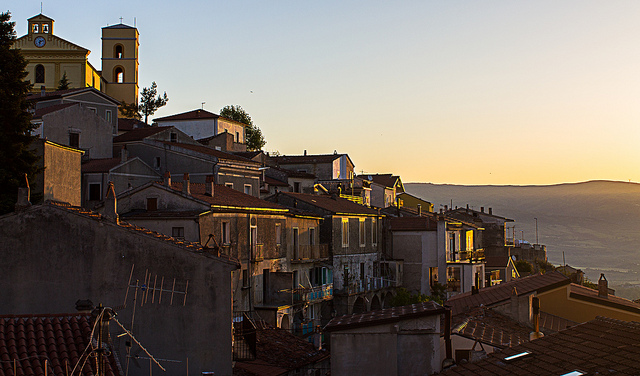


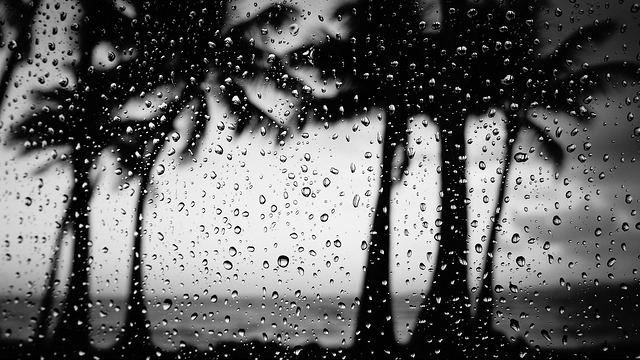
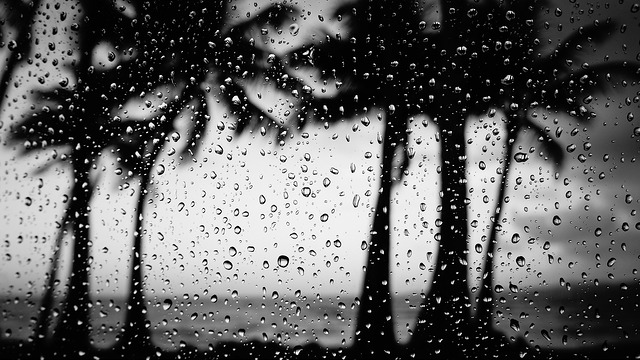


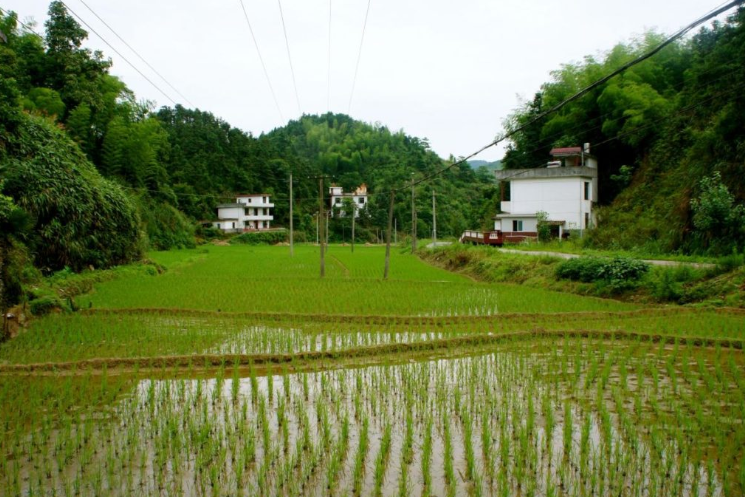
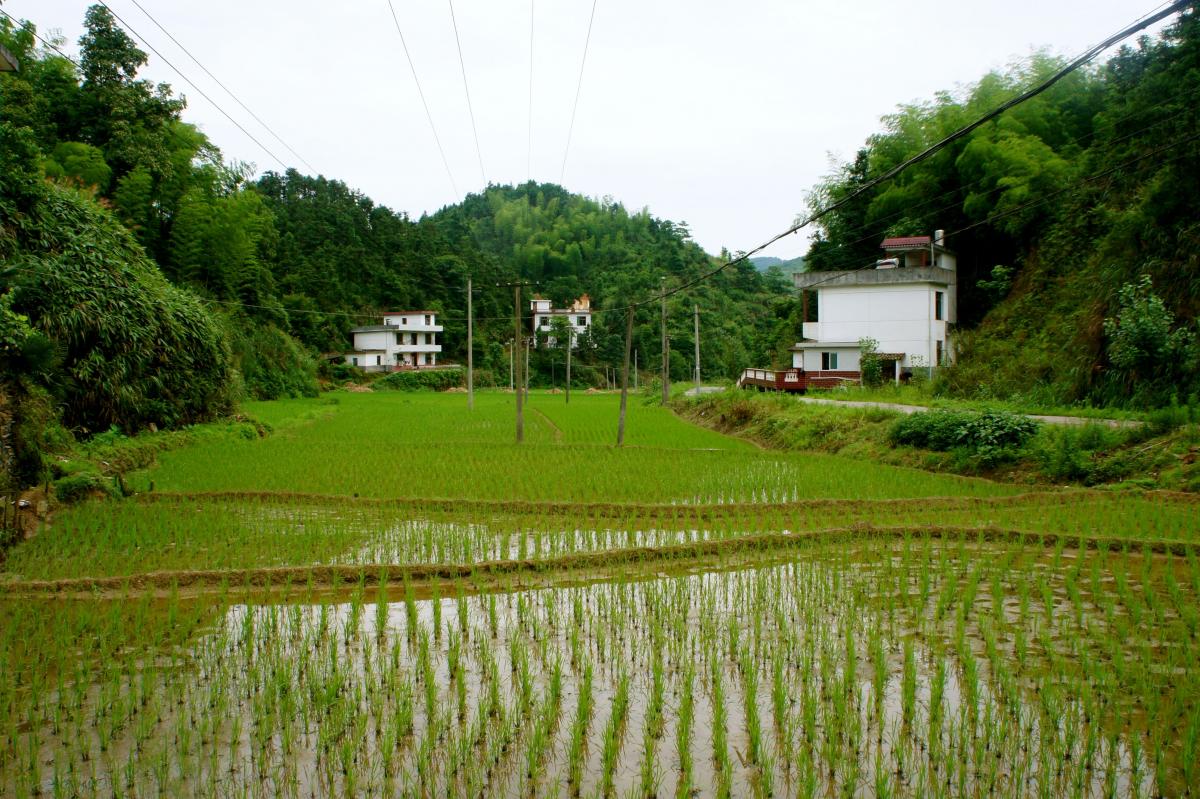
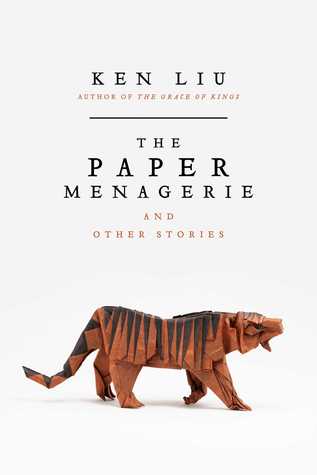
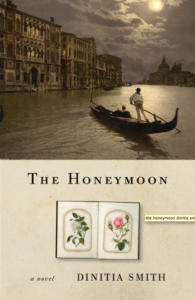 “One late afternoon in June of 1880, a rather famous woman sat in a railroad carriage traveling toward Venice with her new husband, a handsome young man twenty years her junior.” Thus begins this accomplished tale, in which the honeymoon of a sixty-year-old bride is the frame for the life story of a woman who defied convention but had no wish to.
“One late afternoon in June of 1880, a rather famous woman sat in a railroad carriage traveling toward Venice with her new husband, a handsome young man twenty years her junior.” Thus begins this accomplished tale, in which the honeymoon of a sixty-year-old bride is the frame for the life story of a woman who defied convention but had no wish to.
